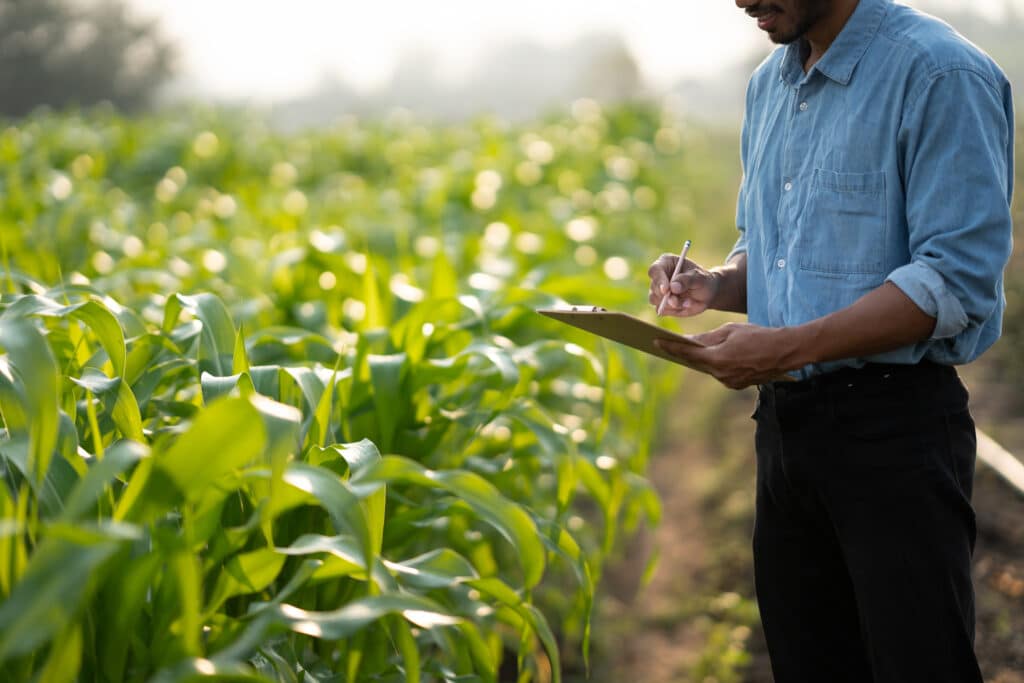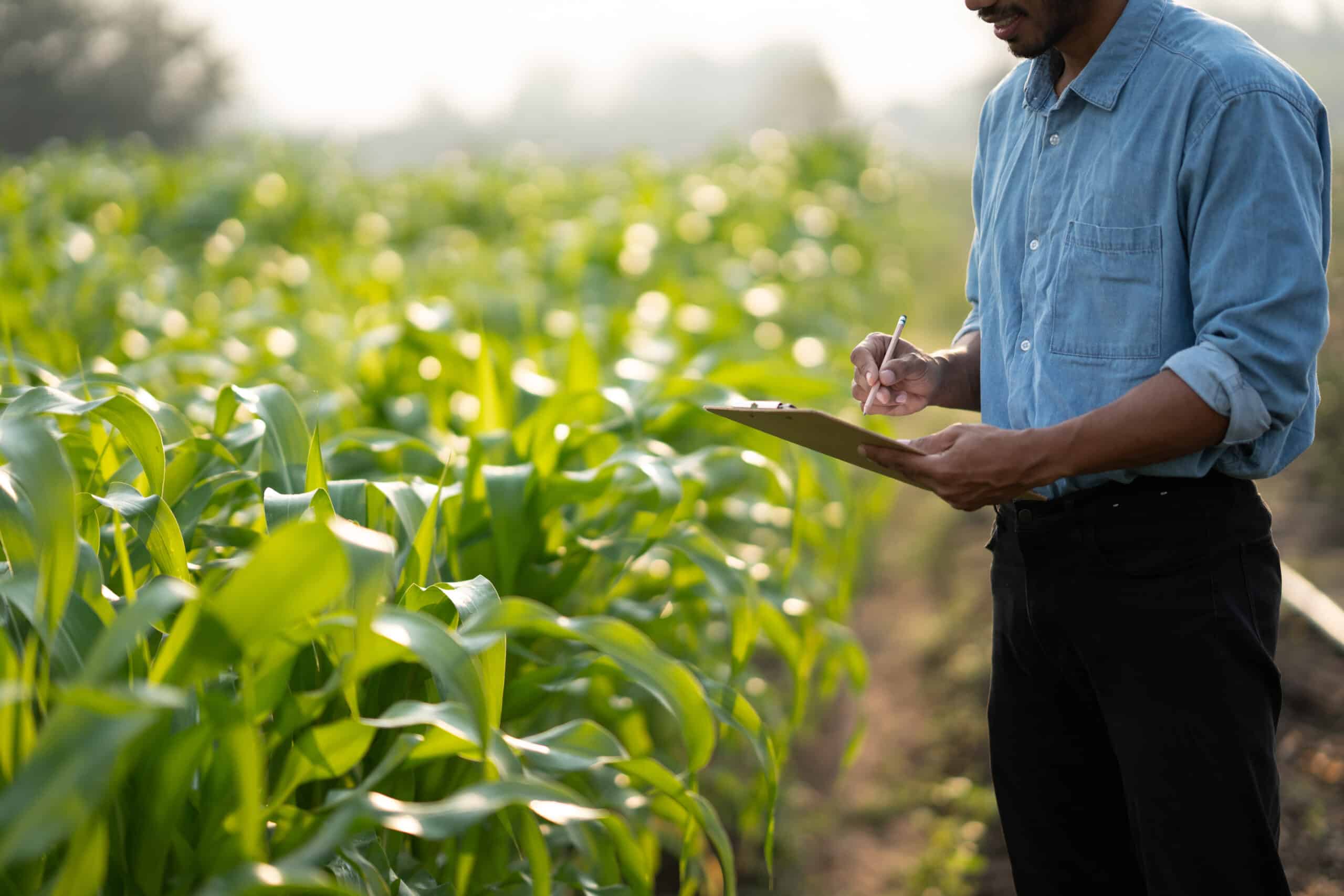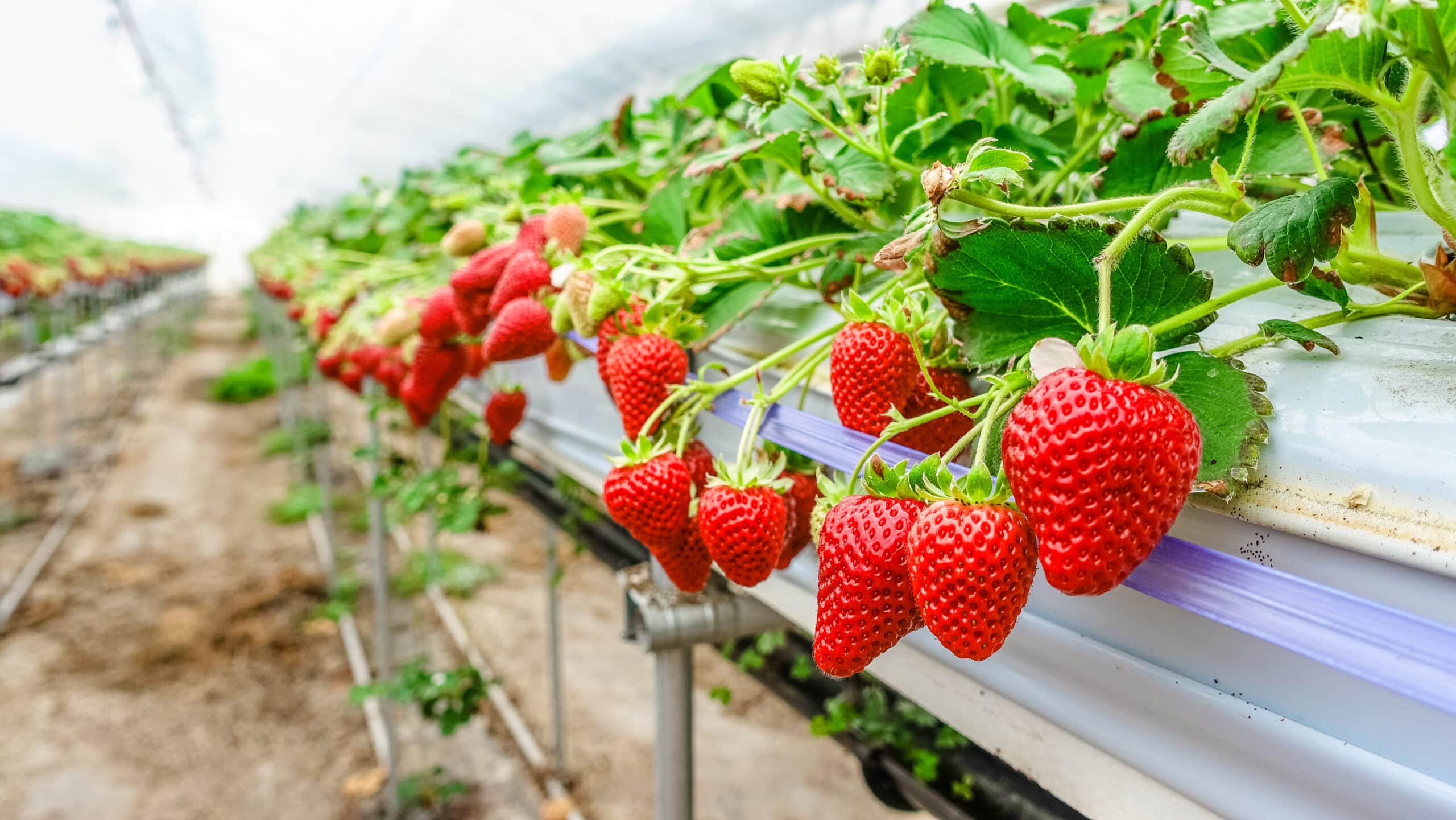The recent swarms of desert locusts in East Africa are being compared with mentions made in the Book of Exodus. It is the worst such epidemic experienced in the region in over 70 years, with worrying implications for food safety.
Earlier this year, a plague of locusts swept through, devouring crops, and threatening the food supply of millions, and the infestation is far from over.
The severity of the invasion is being linked to climate change as East Africa experienced unusually widespread and intense autumn rains, followed by a rare late season cyclone in December that optimised conditions for locust breeding and reproduction.
Now, while attempting to counter the coronavirus pandemic in common with the rest of the world, countries in East Africa are trying to combat a second wave of locusts, which has capability to be far more devastating than the first.
The UN Food and Agriculture Organisation (FAO) has estimated that locust numbers could increase twentyfold during the upcoming rainy season. These new swarms threaten food security, food safety and livelihoods further as they coincide with the beginning of the wet season and planting times.
This swarm’s eggs will hatch in May and form new swarms in late June and July when crops are due to be harvested. Experts fear up to 100% of farmers’ crops could be lost, leaving entire communities without food or income.
The main method of combating these locust swarms is the use of pesticides. There is concern that due to travel restrictions, supply chain disruption and isolation measures are taken to contain coronavirus, serious supply and application problems will arise.
Pesticide deliveries in parts of Kenya have already been delayed by over 10 days due to a reduction in global air freight travel.
Governments and the UN should kick in the emergency disaster response and mitigation plans immediately and fly in enough pesticides to combat the situation.
Dedicated experts need to be assembled to coordinate the mission and every effort should be made to ensure no breakdown of pesticide stocks in each of the affected countries.
Both on-ground spaying gangs and aerial use of drones can be deployed to rapidly contain the event. Meanwhile, the World Food Programme needs to step in for now and provide the necessary food relief at a time when the threat to food security and food safety is at a worrying stage.
Ensuring food safety amidst emerging environmental threats
Pests are one of the leading disruptors of food production globally and can heavily impact both food safety and food security in affected regions. The devastating impact of East African locust swarms further highlights the importance of collective action in these cases, as both governments and private businesses must work together to mitigate such crises and protect food production.
At Farrelly Mitchell, we support both public and private stakeholders looking to develop more resilient and robust food production systems. Our consultants are committed to addressing the causes of regional food insecurity throughout the global south, delivering actionable insights into food loss & waste and its primary causes. We provide key insights into effective agri inputs for pest and weed control, as well as support to government entities looking to improve agri input use among producers. We provide key developmental supports, including capacity building and training, institutional development, program design & implementation, and much more. To leverage our insights and build supply chain resilience, contact us today.














